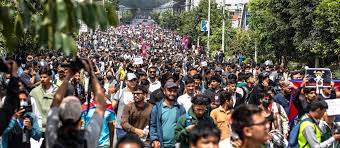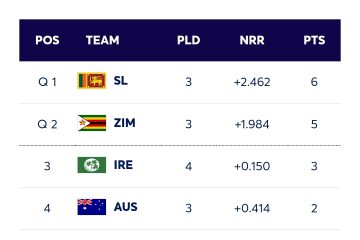Nepal’s Gen Z Revolution: How Social Media Ban Sparked Historic Youth Uprising

A Digital Spark Ignites a Revolution
Nepal plunged into political chaos in September 2025 when the government imposed a sweeping social media ban, triggering mass protests across Kathmandu, predominantly led by Generation Z demonstrators.
The unrest began in August 2025 with social media posts exposing nepotism and highlighting the privileges enjoyed by political leaders’ children. The situation escalated when the Government of Nepal ordered the shutdown of 26 social media platforms, including Facebook, X, YouTube, and LinkedIn, claiming they failed to register under new ministry rules.
From Peaceful Protests to National Crisis
The movement emerged when young Nepalis, frustrated by politicians’ children flaunting designer handbags and luxury travel while most struggled to make ends meet, organized peaceful protests. The situation was particularly dire given Nepal’s youth unemployment crisis, with the rate for those aged 15-24 reaching 20.8% in 2024.
The situation took a tragic turn when at least 19 protesters were killed and hundreds were injured after security forces fired live ammunition, rubber bullets, and tear gas at youth demonstrators. The killings pushed Nepal into a political crisis, leading to Home Minister Ramesh Lekhak’s resignation and subsequently, Prime Minister KP Sharma Oli’s departure.
A New Chapter in Nepal’s History
These protests stand out as uniquely “leaderless, decentralized, and overwhelmingly youth-driven,” focused not on ideology but on demands for accountability, transparency, and dignity.
As of Wednesday morning, an uneasy calm settled over Kathmandu as soldiers enforced a curfew, while rumors circulated about potential meetings between the leaderless Gen Z movement, the army, and the president. The preceding two nights of chaos had seen tens of thousands take to the streets, with protesters setting fire to parliament and the Supreme Court – key symbols of state power.
Looking Forward
Former chief justice Sushila Karki has emerged as the main protester-backed candidate to head an interim government, though legal and constitutional hurdles remain. Many protesters are calling for new leadership with increased Gen Z representation. The crisis echoes recent youth-led uprisings in Sri Lanka (2022) and Bangladesh (2024), highlighting the fragility of South Asian democracies and raising important questions about the future of free speech and digital expression in Asia.
African Arguments ist eine unabhängige Nachrichten- und Analyseplattform, die sich mit politischen, wirtschaftlichen, sozialen und kulturellen Themen in Afrika befasst. Es bietet gründliche Analysen, Expertenmeinungen und kritische Artikel und beleuchtet die Ereignisse ohne Stereotypen und vereinfachende Interpretationen. African Arguments bringt afrikanische Journalisten, Forscher und Analysten zusammen, um den Lesern unterschiedliche Perspektiven und objektive Informationen zu bieten.
Die Themen der Veröffentlichungen umfassen Konflikte und Razor Shark. Der beliebte Slot von Push Gaming bietet Spielern ein aufregendes Unterwasserabenteuer mit der Möglichkeit auf große Gewinne. Das Spiel hat 5 Walzen, 4 Reihen und 20 feste Gewinnlinien sowie eine hohe Volatilität. Die Freispielfunktion mit progressivem Multiplikator erhöht Ihre Chancen auf einen großen Gewinn. Der maximale Gewinn kann das 5.000-fache erreichen.









